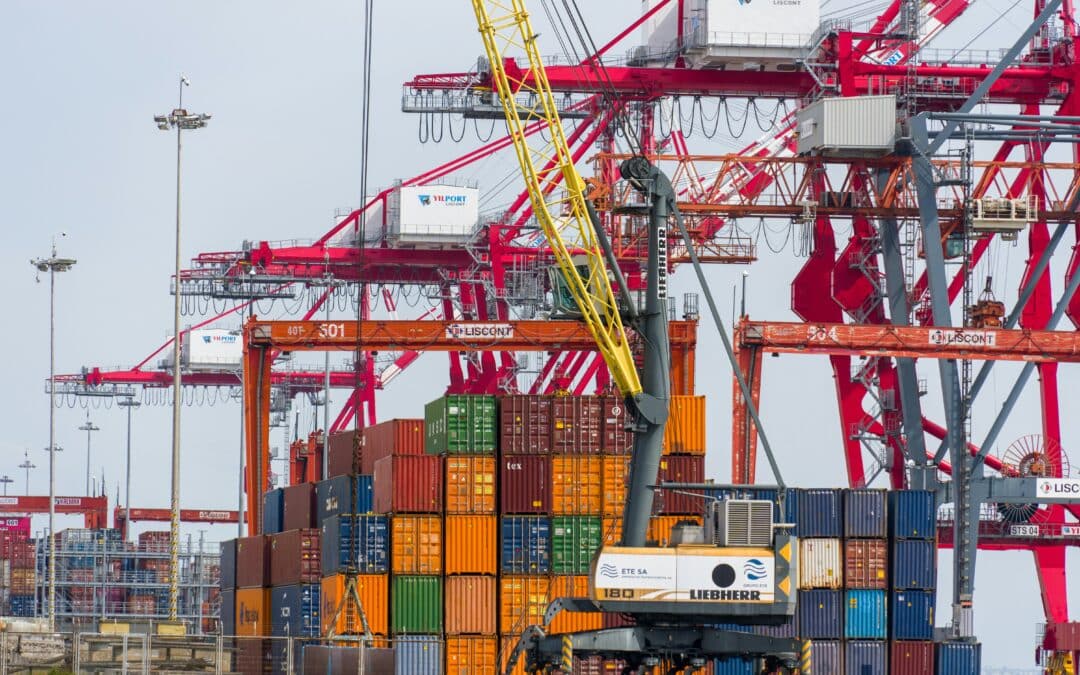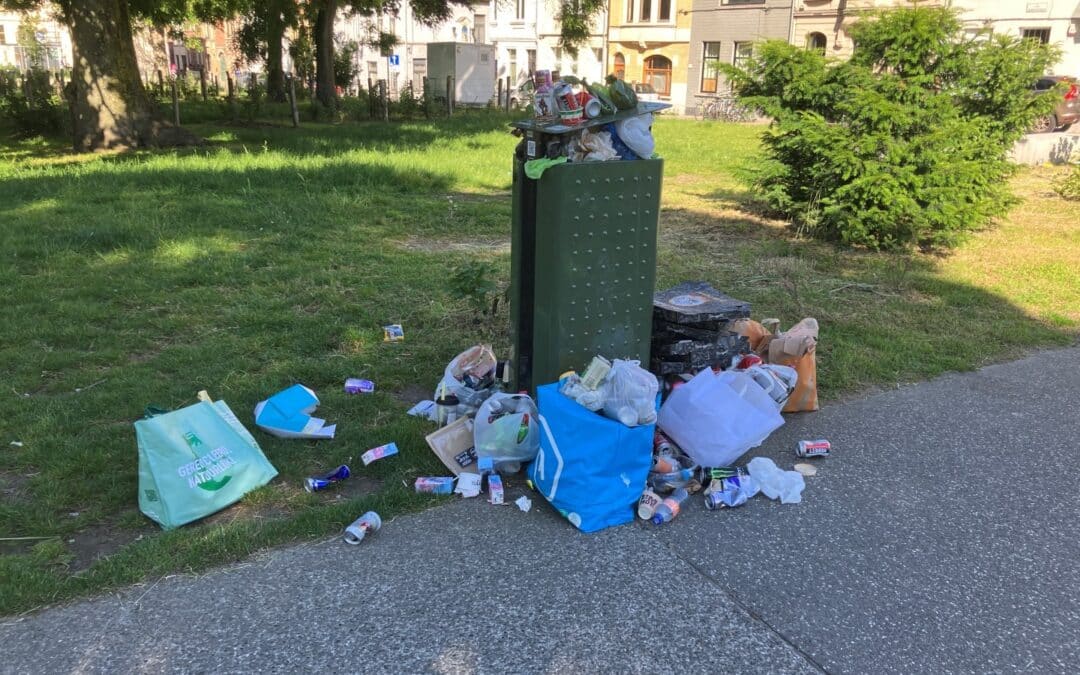Environmental organisation Recycling Netwerk Benelux supports the Flemish government’s intention to have a working deposit system in place, in consultation with the two other regions, by 2025. The plan is to introduce a deposit of 20 to 25 eurocents on all plastic bottles and cans up to 3 litres.
However, the Flemish government’s choice to first give industry the option to experiment with a scan-system in 2023 (where consumers have to get their deposit back by scanning QR codes on packaging and the blue bag), is a huge risk of delay, postponement and cancellation. It would have been better to make things clear immediately and to require retails to give consumers their deposits back.
To avoid delay, we call on the government to prepare sufficient guarantees that the deposit system can actually start in 2025. To do so, in parallel with the sector’s experiment, the government needs to develop a solid plan for a return-to-retail system. The involvement of societal stakeholders such as municipalities, consumer organisations and environmental organisations is essential, both in the experiments on the scan-system and in the further elaboration of the traditional system.
Scan-system
Research shows that the scan-system proposed by the packaging sector is not yet ready for use. Such a deposit system which requires consumers scan QR-codes to get their money back does not yet exist anywhere in the world. It is not clear at all when the technology will be market ready, if it can be.
According to Statistiek Vlaanderen, 46 per cent of Flemings lack basic digital skills. So there is a risk that many people will have troubles to get their deposit back with a QR-code system that requires a smartphone. Besides a smartphone, ‘home scanners’ could be used to recover the deposit, but these too require the presence of an internet connection and a link to a bank account. There are questions here about how consumers will get their money back and whether privacy will be sufficiently guaranteed.
There are also technical challenges: the technology to print individual QR-codes at a high-speed on cans, has yet to be invented. A completely new and complex system also needs to be set up at the IT level. So there are many and very fundamental questions that should be solved before the end of 2023.
The question is also whether the plan is in line with the European trajectory around the Packaging and Packaging Waste Regulation. On 30 November, the European Commission presented this new regulation which aims at encouraging refillable packaging, among other things. Belgium’s future system will also have to make sure that beverage bottles can be reused.
Transparency
The packaging industry commissioned a study by PriceWaterhouseCoopers and lobbied for a digital scan-system based on it, but it refuses to make the study public. It is important that further knowledge gathering and experimentations in 2023 are made transparently if a good decision is to be made for a deposit system.
In doing so, the well-known deposit systems with Return-to-retail model exist for years in 48 regions of the world in 2020, among which more than a dozen in Europe alone. Those systems prove every day that they work . There are no questions here about market readiness, privacy or digital skills.
We therefore continue to ask the environment ministers of the 3 regions to set-up a deposit system that has proven its effectiveness against litter, towards improving recycling and enabling reuse. According to us, that still means with collection by supermarkets and retails, as is the case in countries with the most successful systems.



